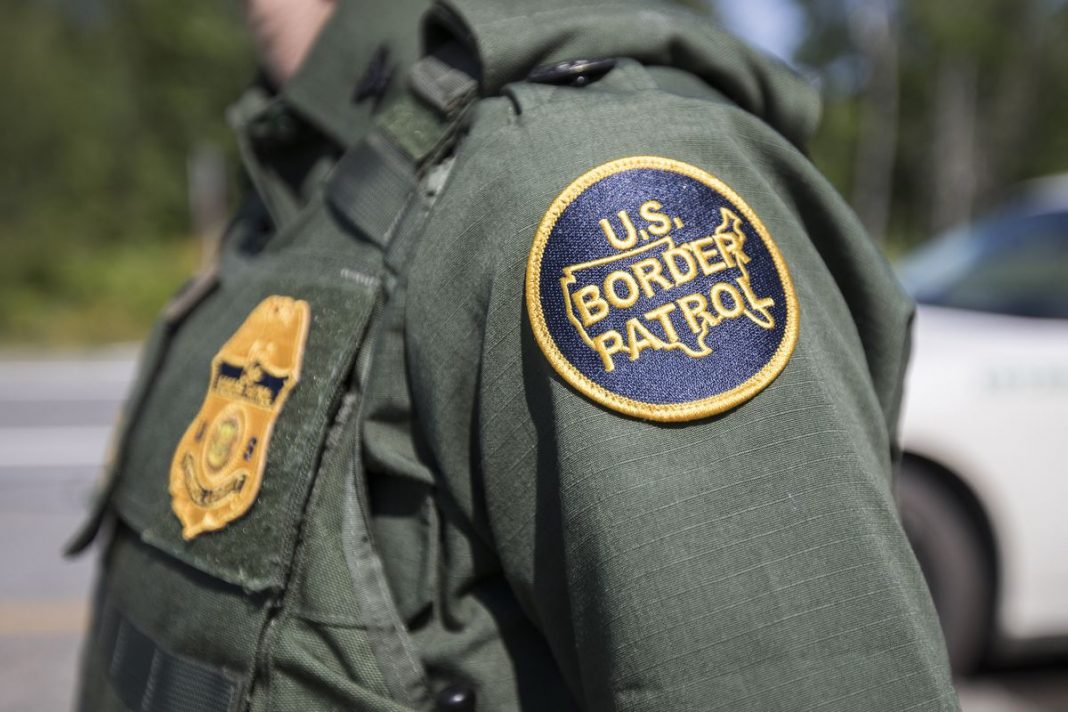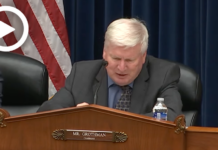Family unit aliens are crossing the southwest borders in record numbers. During this fiscal year 2019 through February, the United States Border Patrol (USBP) has apprehended 268,044 individuals, that is a 97% increase as compared to the same timeframe last fiscal year. Family units and unaccompanied alien children make up 60 percent of all apprehensions along the southwest border and are predominantly from Central America. U.S. Customs and Border Protection (CBP) has seen an increase of more than 300 percent in the number of family units apprehended when compared to last year.
Over the past few weeks, Border Patrol Agents from the Big Bend Sector have encountered an increased number of large groups (i.e., 20 to 50) of illegal aliens in the Big Bend National Park that are predominately family units and unaccompanied alien children from Guatemala. These individuals are crossing in very remote and potentially dangerous locations, which presents a unique challenge to operations, facilities and humanitarian efforts. “The smuggling organizations are selecting more dangerous and remote locations which challenges and strains our limited resources and places these groups in greater danger. Big Bend Sector agents are well-trained, experienced and compassionate law enforcement professionals.
“The health, safety and security of these family unit aliens and unaccompanied alien children are a top priority,” said Chief Patrol Agent Henry Rolon. “The USBP works closely with our local hospitals and medical professionals to provide timely medical support and assessments to those in need with an emphasis on treatment for juvenile detainees.”















